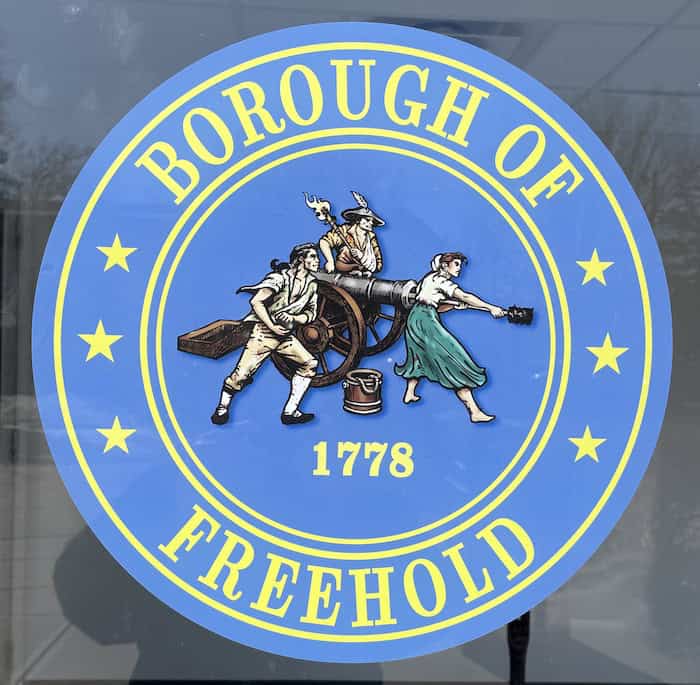FREEHOLD – The members of the Borough Council have amended regulations regarding cannabis businesses that may eventually operate in Freehold Borough by adding medical cannabis dispensaries as an approved business.
During a meeting on Feb. 7, council members adopted an ordinance that will amend the existing cannabis ordinance and include alternative treatment centers which dispense medical cannabis to qualified individuals. The alternative treatment centers will be combined with cannabis retailers and follow the same regulations.
In 2021, state legislators approved the New Jersey Cannabis Regulatory, Enforcement Assistance, and Marketplace Modernization Act after New Jersey voters in 2020 approved a constitutional amendment to legalize marijuana.
The state legislation legalized the recreational use (also known as adult use) of marijuana by certain adults; it decriminalized the possession of small amounts of marijuana and hashish (a marijuana concentrate); and it removed marijuana as a Schedule I (high potential for abuse) drug.
The law established six marketplace classes of licensed marijuana businesses in New Jersey: cultivator, manufacturer, wholesaler, distributor, retailer and delivery.
The Borough Council subsequently adopted an ordinance which established the locations where cannabis businesses will be permitted to operate and the standards by which a business operator may receive a license.
A cannabis delivery business is the only marketplace class that is not permitted to operate in Freehold Borough.
According to the amended ordinance, alternative treatment centers will be permitted to operate in the same locations as cannabis retailers: commercial manufacturing zones and modified commercial zones on lots fronting Throckmorton Street, and between the intersection of Throckmorton and Rhea streets west to the borough limits; in office commercial zones, limited professional office zones and general commercial zones on lots fronting Park Avenue (Route 33) and between the intersection of Park Avenue and South Street east to the borough limits; and commercial manufacturing zones and general commercial zones on lots fronting Jerseyville Avenue and between the intersection of Jerseyville Avenue and Parker Street east to the borough limits.
An alternative treatment center will not be permitted to be located within 250 feet of a licensed childcare facility or a residential childcare facility; nor within 500 feet of any public or private elementary school, middle school, high school, college or university; nor within 200 feet of a halfway house or correctional facility.
The annual license fee for an alternative treatment center will be $5,000, according to the ordinance.
During the public hearing that preceded the council’s vote on the ordinance, Hugh Giordano, a representative of the United Food and Commercial Workers union, which represents employees in the cannabis industry, suggested employing a merit-based application system for the purposes of issuing cannabis licenses.
“(The borough) could look at things like if (the potential businesses) signed a labor peace agreement, did they sign a project labor agreement for the building trailers,” he said. “There are no protections in regard to workers in the (state’s) bill.”
Giordano also recommended that along with zoning, Freehold Borough officials consider environmental standards, security standards and licensing for potential cannabis businesses.
In response, Borough Administrator Stephen Gallo stated that in Freehold Borough’s process of developing an application for a local cannabis license, there will be a scoring system that provides points for the factors mentioned by Giordano.
Borough Council President Margaret Rogers and council members Michael DiBenedetto, George Schnurr, Annette Jordan and Adam Reich voted “yes” on a motion to adopt the ordinance.
Councilwoman Sharon Shutzer, who voted against the initial ordinance, voted “no” and said, “After careful consideration and clearing up some misunderstandings, I will be voting ‘no’ in line with my gut.”
Schnurr said he expects there will be future amendments to the cannabis ordinance, stating, “This is new territory for us on the council. I could see this developing and changing over time.”

